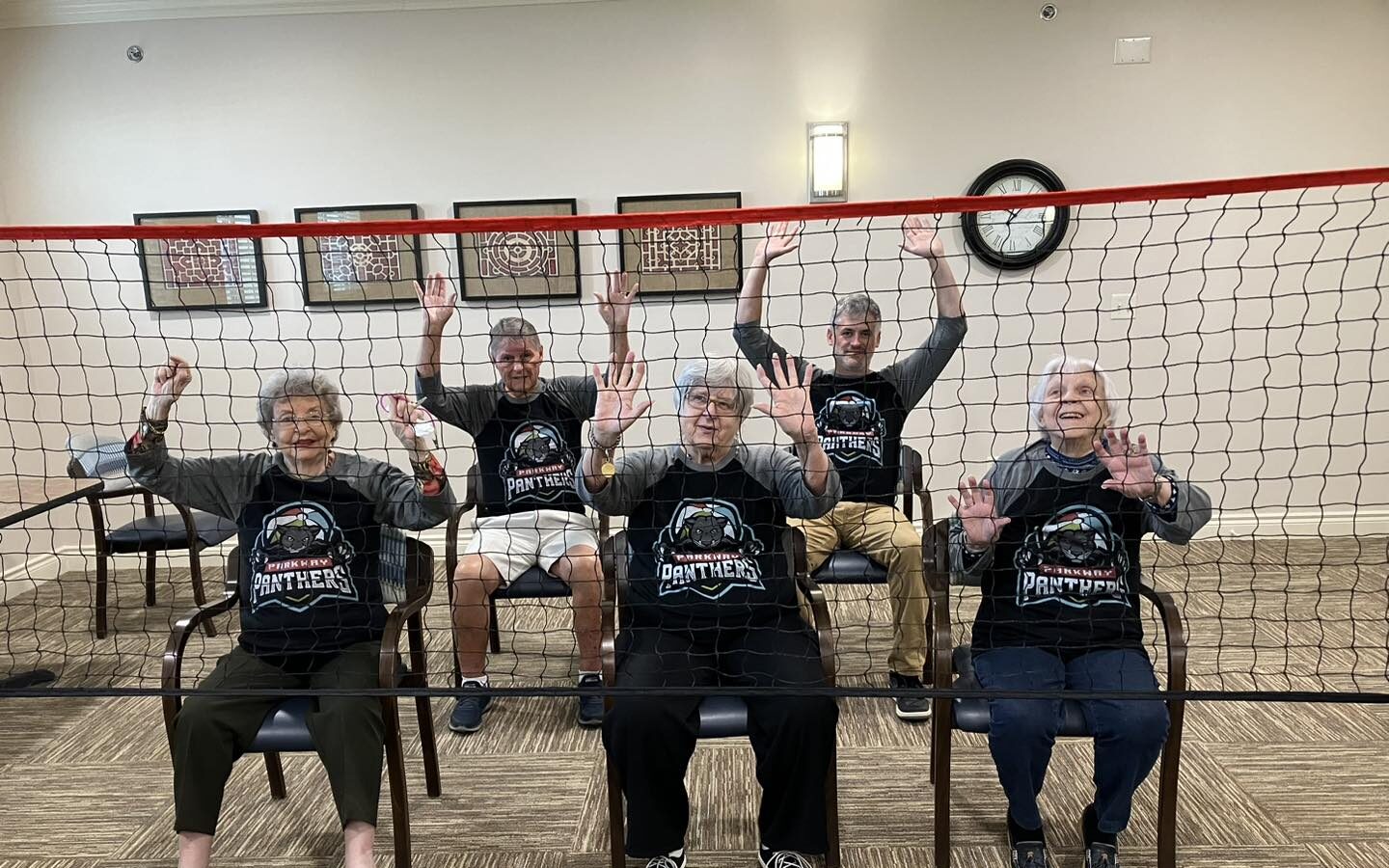
Cultivating positive habits can contribute to a healthy lifestyle for seniors. People around the world live long, fulfilling lives thanks to habits they have passed on from generation to generation. In addition, science has revealed why these habits are beneficial and deserve consideration. In this article, we take a look at some of the healthiest habits for seniors.
Habit #1: Cultivate friendships
Keeping a circle of friends is one of the ways seniors can keep their minds agile and their days filled with companionship. But maintaining close friendships takes work, especially for someone living at home. Keeping in touch regularly can become a habit that cultivates friendships. A phone call, text, or video visit can help seniors let friends know they are not forgotten.
Maintaining friendships can have other benefits, too. A study on “SuperAgers” looks at the science behind proactive friendship nurturing and how important it is not only to brain health, but to overall well-being. And staying in touch with friends benefits not only the person making the contact, but the person receiving it as well!

Habit #2: Fast for healthy cells
While not for everyone, fasting is one habit that is linked to longevity. Many people fast in observance of religious rites such as in Ikaria, Greece, where strict Greek Orthodox Christians fast almost half the year. But what’s the connection between fasting and longevity? In a word, “autophagy,” a natural process that is essential to cell health.
This Nobel Prize winning research by Japanese cell biologist Yoshinori Ohsumi explores how fasting (and associated caloric restriction) triggers autophagy, allowing cells to repair and renew themselves. It also touches on the link between disrupted autophagy and diseases that often affect seniors, such as Parkinson’s and type 2 diabetes. Seniors should always discuss dietary changes like fasting with their health care provider before starting.
Habit #3: Get moving for senior health
Whenever we read the latest popular article that encourages us to “get moving” or “exercise,” why is it we think of going to the gym and getting on a treadmill? According to Wikipedia, the “treadwheel” was actually used in Victorian England as a form of punishment for prisoners. No wonder going to gym can feel like torture!
There’s another way to stay fit, says Dan Buettner, Blue Zones author and researcher. Buettner sees exercise in a different light, one shed by the longevity of residents of Blue Zones around the world. Rather than mechanical gym exercises, Buettner says residents in Blue Zones optimize natural movement through ongoing activities like gardening, walking and even household chores. The Blue Zones article, “‘Exercise Snacks’ May Be as Good as (or Better than) Traditional Workouts,” looks at how simple, brief exercises at home can (and should) replace those tedious hours on the treadmill.
Habit #4: Control your weight
For many seniors, keeping weight under control is an ongoing struggle involving fad diets, special foods and meals, and even apps to track calories. But the residents of Okinawa, Japan, have found a better way to manage weight. It’s Hara Hachi Bu, an old adage inspired by Confucius that means stop eating when you’re 80% full.
As Okinawa boasts the highest number of people 100 years or older on Earth, hara hachi bu, is likely an integral part of the reason for this amazing claim. In Okinawa, the average daily calorie count is about 1,900, considerably lower than in the United States where “the average man consumes over 2,500 calories.”
In essence, the practice of hara hachi bu requires “mindful eating” to reduce calorie intake overall. Although it might seem difficult to know when you’re 80% full, there are a few steps to take that can help, including:
One great way to step into the habit of hara hachi bu is to stop eating when you no longer feel hungry instead of when you “feel full.” The best part for seniors who are overweight is that there is little to lose (except extra weight) by trying! However, it’s always best to discuss dietary changes with your physician first.
Habit #5: Sleep well
One of the single most important habits to have is to get a good night’s sleep. And it’s also one of the most elusive for many seniors. But there are ways to form great habits to help get the sleep you need.
This article from the National Institute of Aging addresses many of the problems that seniors face in trying to get a good night’s sleep, including insomnia, sleep apnea, and added challenges that seniors with movement disorders and Alzheimer’s may encounter. Best of all, the article offers many simple habits to help seniors get the sleep they need. Here are just a few.
Habit #6: Take a walk for senior health
Last, but by far not least, is exercise, and one of the most habit forming is walking. You don’t need a destination, but just walking (without staring at a screen while you do it) is an exercise many seniors can enjoy. A simple walk in a park, down a city street or on a designated walking path offers not only exercise, but a respite from work or boredom, and gives the mind and body a chance to wind down and just enjoy the moment.

This study from the National Library of Medicine takes an in-depth look at the benefits of walking for healthy aging.
Developing healthy habits can be a great way to begin putting health first. At Arrow Senior Living, we invite seniors to take a look at what we have to offer to make the most of a healthy lifestyle. For more information, contact us today.
To learn more on this topic: The Dimensions of Wellness